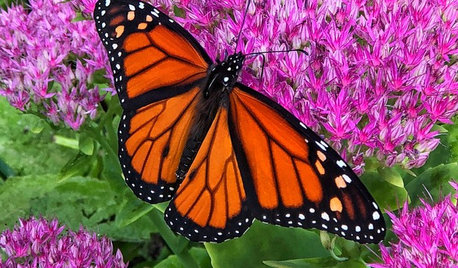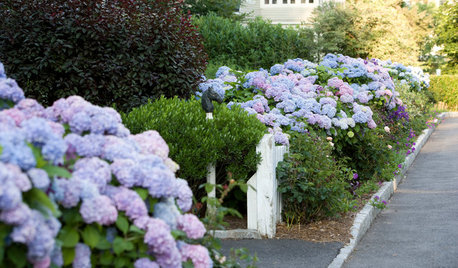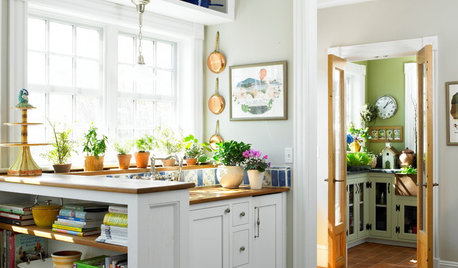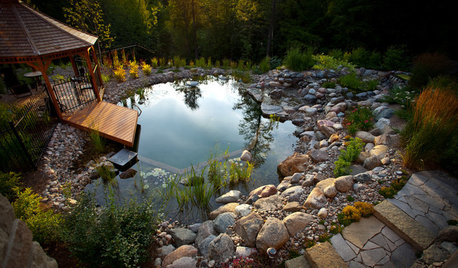Potassium Salts & Fatty Acids for pesticide - should be ok,right?
gribbleton
9 years ago
Featured Answer
Comments (13)
gribbleton
9 years agogardengal48 (PNW Z8/9)
9 years agoRelated Professionals
Havre de Grace Landscape Architects & Landscape Designers · Roosevelt Landscape Architects & Landscape Designers · Tomball Landscape Architects & Landscape Designers · Annandale Landscape Contractors · Conroe Landscape Contractors · El Segundo Landscape Contractors · Hampton Bays Landscape Contractors · Hoffman Estates Landscape Contractors · Kettering Landscape Contractors · Lakeville Landscape Contractors · Royal Oak Landscape Contractors · Detroit Decks, Patios & Outdoor Enclosures · Haddonfield Decks, Patios & Outdoor Enclosures · Lincoln Decks, Patios & Outdoor Enclosures · South Miami Heights Decks, Patios & Outdoor Enclosuresgribbleton
9 years agoKimmsr
9 years agogribbleton
9 years agogardengal48 (PNW Z8/9)
9 years agorhizo_1 (North AL) zone 7
9 years agodavidrt28 (zone 7)
9 years agoKimmsr
9 years agogribbleton
9 years agomohamad_noo1
8 years agokimmq
8 years ago
Related Stories

FARM YOUR YARDHow to Get Good Soil for Your Edible Garden
The nutrients in your soil feed the plants that feed you. Here are tips on getting it right — just in time for planting season
Full Story
GARDENING GUIDES6 Steps to Creating Your Butterfly Garden
Encourage these fanciful winged beauties to visit your garden while helping restore their fragmented habitat
Full Story
FLOWERSWhy You Should Give Hydrangeas a Place in Your Yard
The exuberant mop-headed beauties evoke dreams of an endless summer by the sea
Full Story
HEALTHY HOME12 Ways to Set Up Your Kitchen for Healthy Eating
Making smart food choices is easier when your kitchen is part of your support team
Full Story
LANDSCAPE DESIGNNatural Swimming Pools: More Beauty, No Chemicals
Keep your skin and the environment healthy with a pool that cleans itself, naturally
Full Story
MOST POPULAR33 Magic Household Cleaning Tips
Houzzers from around the world share their tips for transforming housework into child’s play
Full Story
KITCHEN DESIGN9 Questions to Ask When Planning a Kitchen Pantry
Avoid blunders and get the storage space and layout you need by asking these questions before you begin
Full Story
EDIBLE GARDENSNatural Ways to Get Rid of Weeds in Your Garden
Use these techniques to help prevent the spread of weeds and to learn about your soil
Full Story
LIFESimple Pleasures: Put On Your Slippers
Preserve the peace and protect your floors and carpets by turning your home into a no-shoes zone
Full Story
GARDENING GUIDESNew Ways to Think About All That Mulch in the Garden
Before you go making a mountain out of a mulch hill, learn the facts about what your plants and soil really want
Full Story





renais1